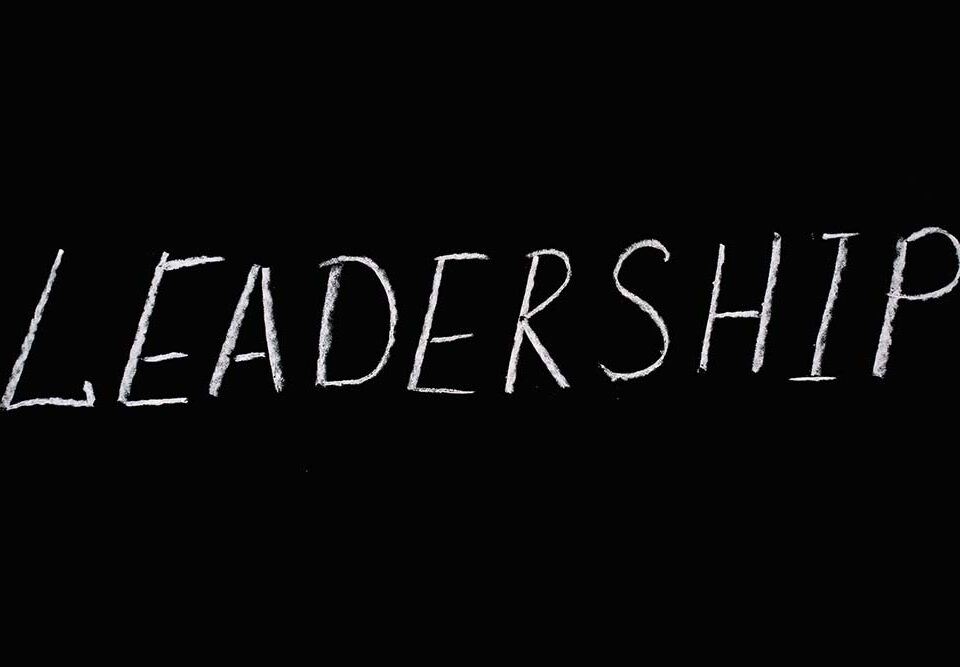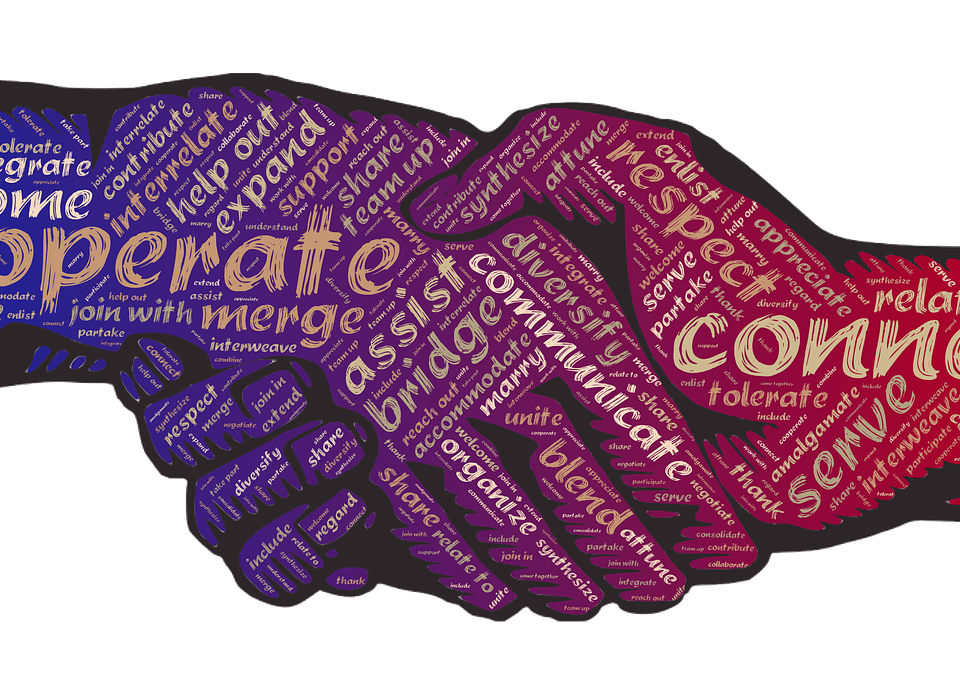- Management Consulting Firm
- +27 11 268 5597
- info@stratalign.co.za
The 4D’s of Organizational Culture Transformation

Are You Interested In Personal Wellness?
August 5, 2020
Seven Key Challenges for Leadership for the Future of Work.
January 28, 2021By: Alan Brews
Organizational culture transformation is a unique and evolving system of structures, intentions, values and beliefs that are formed by experiences over time as the way in which a group of people operate together. As such it is persistent and requires considerable focus and intention to change.
Research has indicated, and most employees and leaders are aware of the vital importance of an enabling culture to organizational effectiveness. Activating such an enabling culture requires a whole organizational effort. It is not about a leadership mandate; it is about creating a movement within an organization that leaves no aspect of organizational life untouched.
A Systems Approach to Organizational Culture Transformation
Culture manifests as a system and it is therefore important to approach Culture Transformation at a systems level. The fundamental assumption here is that every organization or part of an organization operates as a system which requires the clarification of the following characteristics:
- How the current culture is manifested in all dimensions of organizational life, including strategies, structures, processes, policies as well as behaviours and relationships.
- How the desired culture ought to be manifested in all dimensions of organizational life, including strategies, structures, processes, policies as well as behaviours and relationships.
- A clear vision of what the entire system and its sub systems are trying to achieve culturally
- An understanding of what has to be done to achieve this vision
- Clarity on the roles and responsibilities of individuals and teams within the system
How to Transform Organizational Culture
In order to facilitate culture transformation, we use the 4D process as laid out below:
Diligence Phase:
The purpose of this phase is to prepare the leadership and the organization for the Culture Transformation process. Many culture transformation processes fail because the people in an organization were simply unprepared for the magnitude of the process.
In the Diligence phase we seek to achieve the following:
- Leaders become sufficiently aligned to enable Culture Transformation.
- All key stakeholders are brought on board.
- The purpose of the journey is defined.
- The process is agreed by all stakeholders.
- The entire organization is made aware of and prepared for the journey.
Diagnosis Phase:
The purpose of the diagnosis phase is to understand the current culture of the organization and obtain an idea from all employees what they would like the culture to be. This forms the foundation upon which a Culture Transformation Plan can be developed.
In the diagnosis phase we seek to achieve the following:
- Fit for purpose survey instruments are prepared and agreed.
- Survey is undertaken.
- Results are analysed.
- Results are validated in interviews and focus groups.
- Clarity is obtained on Personal Values, Current Culture and Desired Culture
- A report is prepared for the Design Phase.
Design Phase:
The purpose of the design phase is to prepare a Culture Transformation Plan which aims to take the organization on a journey from the current culture to the desired culture. This plan may have multiple dimensions and will need to be carefully phased so that the organization can absorb its positive impact.
In the design phase we seek to achieve the following:
- The results of the survey and focus groups are analyzed.
- A Culture Transformation Strategy is co- crafted by all organizational stakeholders using the agreed process. The strategy will consist of at least the following:
- The Workplace Culture Vision.
- The Key Objectives.
- The Initiatives Required to get there.
- An implementation plan for the Culture Transformation Strategy is prepared.
Delivery Phase:
The purpose of this phase is to implement the Culture Transformation plan in such a way that it results in the desired incremental improvements in the culture of the organization.
In the delivery phase the Culture Transformation Strategy is implemented bearing in mind the following realities that we have learned through experience:
- It’s a marathon not a sprint. Culture Transformation takes time.
- It’s about a movement not a mandate.
- Have multi-disciplinary team to lead it – sponsored by the CEO.
- Get help from experts where you need it.
- Give and receive frequent feedback from employees.
- It is the best investment you can make in the organization’s success.
With this as a basis it is possible to examine some important dimensions of culture transformation.
Measuring Culture Transformation
Finally, a note about measuring culture transformation. Culture Transformation can be measured. Using a variety of tools culture can be measured both positively and negatively. Tools are available that can measure a range of changes in the workplace.
- Positively through obtaining data about the alignment of values between people and the organization and the degree to which values are improving in the desired direction, and
- Negatively through measuring the degree of wasted energy in the organizational system using the concept of wasted energy.
- We have also adopted new approaches to measuring culture through unobtrusive indicators of organization culture that can be discerned from other management information within organizations.
Ideally progress on the culture transformation journey should be formally assessed annually. If you need assistance with your Organizational Culture Transformation, please contact us today.




